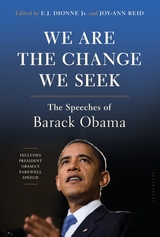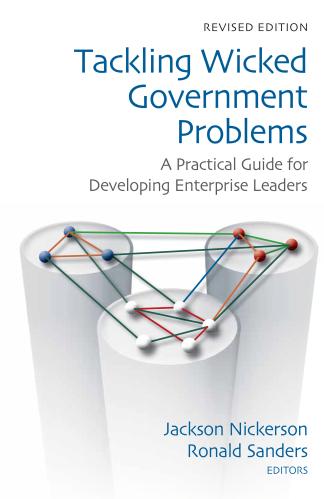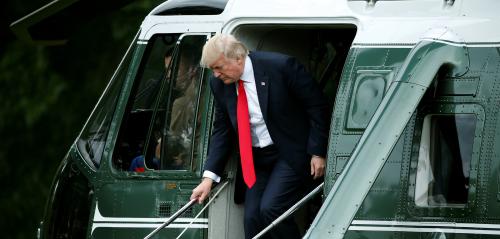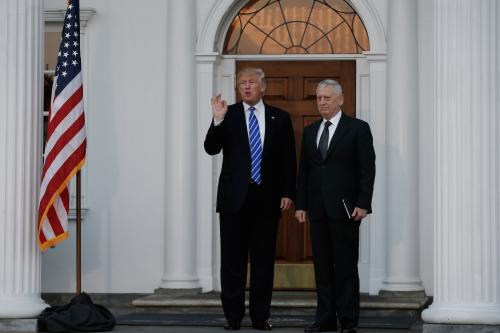This originally appeared October 1, 2017 on Axios.
In an Oval Office meeting earlier this month, President Trump gave his top trade negotiator, Robert Lighthizer, an Art of the Deal-style coaching session on how to negotiate with the South Koreans.
Trump’s impromptu coaching came in the middle of a pivotal conversation with top officials about whether or not to withdraw from the U.S.-Korean trade deal. Sources familiar with the conversation recounted the exchange for Axios, and the White House did not dispute this account.
A number of senior officials and cabinet secretaries were present for the conversation, including Defense Secretary Mattis, Agriculture Secretary Perdue, and Secretary of State Tillerson. At issue was whether the U.S. would withdraw from the Korean trade deal — an action Trump threatened but still hasn’t done.
“You’ve got 30 days, and if you don’t get concessions then I’m pulling out,” Trump told Lighthizer.
“Ok, well I’ll tell the Koreans they’ve got 30 days,” Lighthizer replied.
“No, no, no,” Trump interjected. “That’s not how you negotiate. You don’t tell them they’ve got 30 days. You tell them, ‘This guy’s so crazy he could pull out any minute.’”
“That’s what you tell them: Any minute,” Trump continued. “And by the way, I might. You guys all need to know I might. You don’t tell them 30 days. If they take 30 days they’ll stretch this out.”
“You tell them if they don’t give the concessions now, this crazy guy will pull out of the deal.”
Why this matters: Plenty of world leaders think the president is crazy — and he seems to view that madman reputation as an asset. The downsides are obvious: the rhetoric can unnerve allies and has the potential to provoke enemies into needless, unintended war. But Trump keeps using the tactic, with varying degrees of success:
- Just today, the president undercut his secretary of state by suggesting diplomacy with “Little Rocket Man” in North Korea was a waste of time — implying that only military action would resolve the conflict. “Save your energy Rex,” Trump tweeted, “we’ll do what has to be done!”
- We’ve never seen anything like this before. Trump’s tweet, undercutting Tillerson’s diplomatic efforts, comes a day after Tillerson acknowledged for the first time that the administration was in direct communication with North Korea.
- Trump’s tweet also undercuts a statement made Tuesday by Joint Chiefs Chairman General Dunford: “The military dimension today is in full support of the economic and diplomatic pressure campaign the secretary of state is leading in North Korea.”
Trump’s comments today belong to a pattern that fits the “madman” or “he might just be crazy enough to do that” theory of international relations:
- Trump warned North Korean leaders in August that if they keep threatening the U.S. they “will be met with fire and fury like the world has never seen.”
- In his first speech to the U.N. General Assembly, Trump threatened to “totally destroy North Korea” and called Kim Jong-un “Rocket Man.”
- He threatened over Twitter to withdraw from the North American Free Trade Agreement: “We are in the NAFTA (worst trade deal ever made) renegotiation process with Mexico & Canada.Both being very difficult,may have to terminate?”
- He unnerved America’s allies during the campaign when he called NATO “obsolete” and refused to say whether he’d defend a treaty ally under attack from Russia. Trump has spoken more favorably of NATO since becoming president, but he still often complains about NATO members failing to “pay their fair share,” and he’s urged Angela Merkel to increase Germany’s military budget.
Some top national security officials, past and present, appear uncomfortable with all the talk of war. Former CIA Director Petraeus made nuanced remarks recently about the benefits — and potentially catastrophic risks — of the “madman” approach to foreign relations. And General Dunford’s comments last week are striking when set beside Trump’s public statements about North Korea.
“I have been very careful, at the military level, to make no statements that would exacerbate the current crisis,” Dunford told the Senate Armed Services Committee. “I certainly won’t comment on things that our senior political leadership have said, but I certainly can tell you, inside the military we’ve made no statements and we’ve had a conscious decision not to make any such statements, to ensure that the lead right now is Secretary Tillerson, and the message being delivered is primarily being delivered by the State Department.”
Are Trump’s tactics working?
The president’s top aides argue his negotiating strategy has forced Mexico and Canada to renegotiate NAFTA, China to put more pressure than ever on North Korea, and NATO allies to spend more than they’d otherwise have spent on their militaries (a claim that’s impossible to adjudicate.) Also, one reason China is getting (slightly) tougher is that the situation has gotten appreciably worse. Kim Jong-un will soon be able to hit the U.S. and couldn’t under Obama.
- Regarding NATO, “no one can dispute that [Trump’s] ‘crazy’ produced alarm, pledges, a new focus on defense, domestic pressure in Europe to do more,” a top GOP foreign policy official told me. “It did a lot in just a couple of months, but that’s not much time to do a lot. It got deep-sixed. Trump is no longer ‘crazy.’ He’s now toeing the traditional U.S. policy toward NATO, reassurance, back to ‘we’ll defend you no matter how little you do.’ Meaning there’s no need for the Euros to spend another dime. That’s what being ‘not crazy’ gets you.”
- The senior official, who is no fan of Trump’s, said the president can make his strongest case on the effectiveness of his “madman” strategy when it comes to China and NAFTA; but far more questionable with NATO. “NATO is illustrative of what might have worked but was cut short due to the alarm of the national security types,” the official told me. “Jaw-boning Merkel won’t get one more pfennig out of Germany’s overflowing treasury because she knows there’s no downside to doing nothing.”
Bottom line: Trump’s threats can only produce short-term results, if he doesn’t follow through on them. As the senior official put it: “If you make a threat and don’t carry it out — such as Obama’s ‘line in the sand’ in Syria — your credibility is shot. ‘There he goes again’ will be the response to any new declaration.”
The Brookings Institution is committed to quality, independence, and impact.
We are supported by a diverse array of funders. In line with our values and policies, each Brookings publication represents the sole views of its author(s).










Commentary
Trump urges staff to portray him as “crazy guy”
October 4, 2017